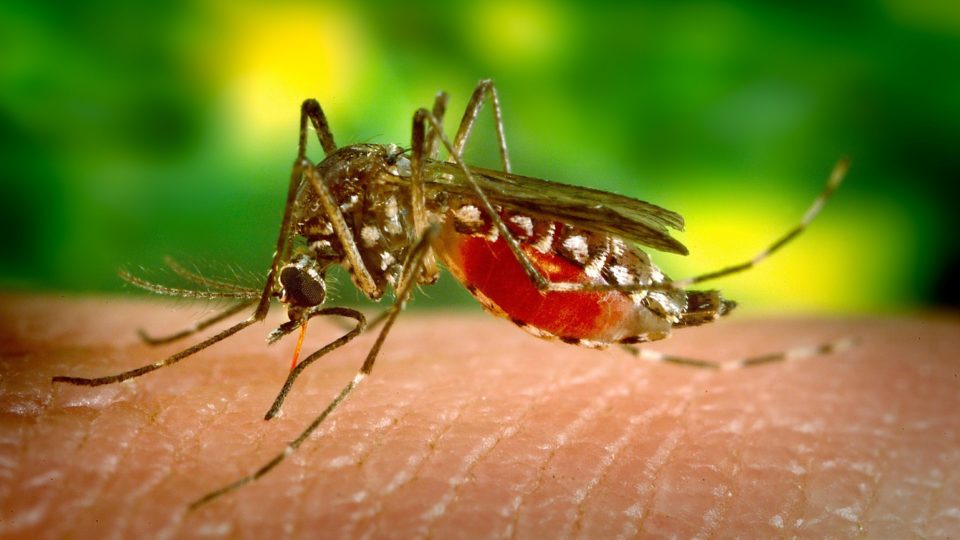Health officials have revealed that dengue cases have reached an all-time high in 2019, with 120,871 cases having been recorded as of yesterday, December 4.
That’s already 35 cases more that the previous record of 120,836 in 2015, and the year is not yet over. Malaysia’s Deputy Health Minister Lee Boon Chye had previously said that number could hit 150,000 by the end of the year.
On average, health authorities report 399 new cases every day, with 164 fatalities linked to the mosquito-borne virus so far this year. While that number may seem high, 336 deaths were recorded in 2015, marking a significant improvement in survival rates. Last year, only 147 deaths were recorded.
The statistics were published on the Malay-language website iDengue, which is run by the Health Ministry and National Space Agency.
The incidence of dengue, a mosquito-borne virus common in urban areas, was highest in Selangor, which is home to many of Kuala Lumpur’s suburbs. Over the last year, 66,959 cases have been recorded in Selangor alone, followed by the Kuala Lumpur Federal Territory with 13,573, and Johor with more than 10,000.
Dengue symptoms typically begin to appear within three to 14 days of being bitten by an infected mosquito, and can include a high fever, headache, vomiting, muscle and joint pains, and skin rashes. (The skin of your feet might also begin peel, or maybe that symptom was just us.)
While most individuals infected recover within about a week, some individuals will develop severe dengue — also known as dengue hemorrhagic fever, resulting in bleeding, low levels of blood platelets, and blood plasma leakage — or dengue shock syndrome, where dangerously low blood pressure occurs. Both are potentially fatal.
For the love of all things good and bite-free, do your part to eliminate the breeding grounds for the Aedes-type mosquitoes that carry the disease by clearing or treating any puddles or vessels of standing water around your home.




